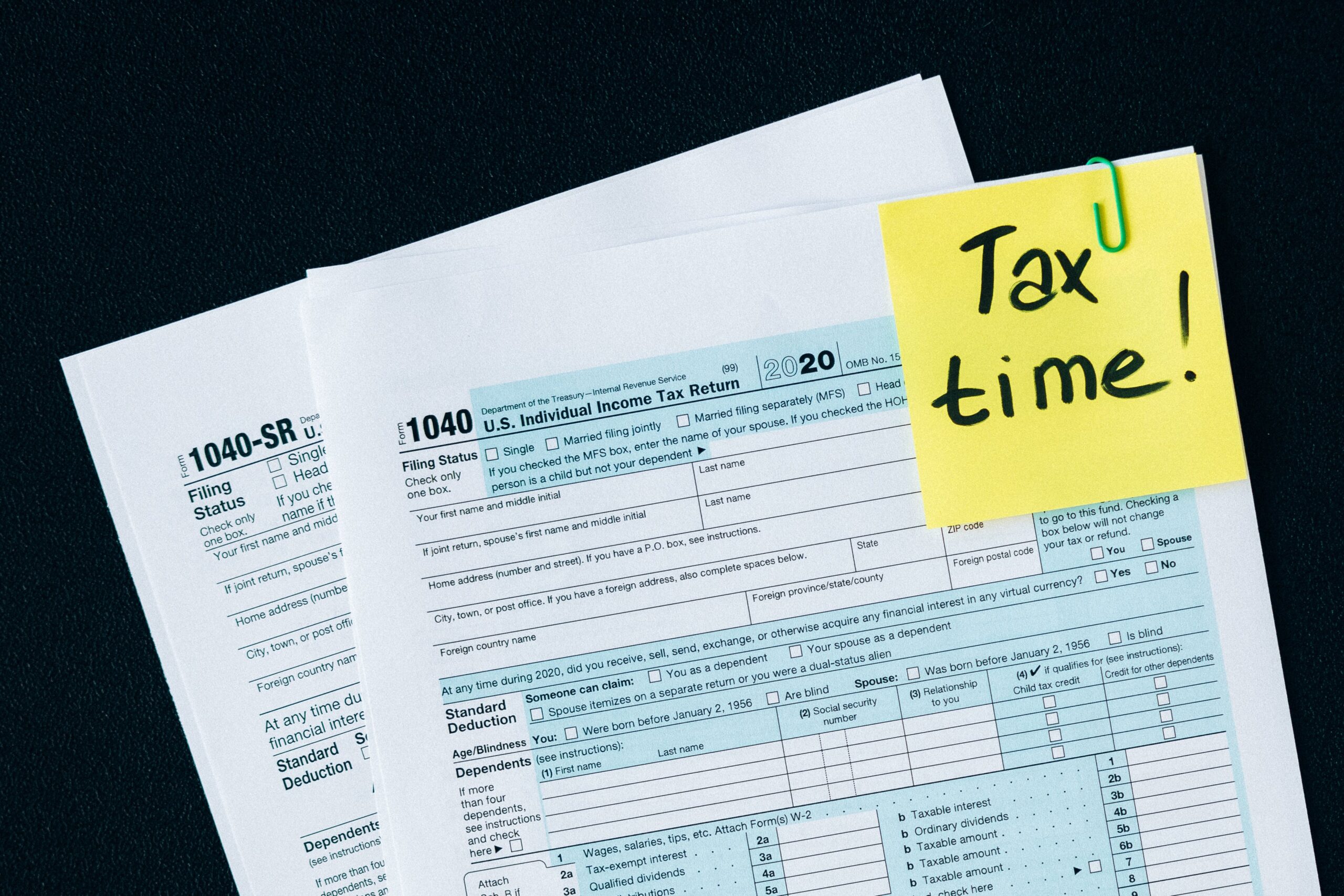
04 Feb The Tax Breaks That Landlords Should Use
The tax codes are generous to landlords, if you use what the IRS allows. These are the top rental property deductions that my wife Amira and I enjoy.
- Property taxes. Every state has property taxes. Most local governments charge some sort of property tax. Per the current tax code, you can deduct up to $10,000 a year in taxes per property. The $10,000 limit on state and local taxes (known as SALT) will sunset at the end of 2025 unless the Tax Cut and Jobs Act of 2017 is extended or if other legislation is enacted.
- Loan interest. Most investors use a mortgage loan of some sort, whether it be a traditional loan, private money, hard money loan, bridge loan, or home equity line of credit. The interest is fully deductible. You can also deduct points and fees associated with the loan. If you use a credit card for rental property expenses, that interest is also deductible.
- Depreciation. The IRS allows you to claim depreciation over 27.5 years for residential properties and 39 years for commercial properties. Why? Over time, components of the property get older. Wear and tear happens. Landlords provide a valuable service, and in turn the government rewards them. Let’s say you have a residential rental property. For depreciation, you take the tax basis of the property and divide by 27.5. The tax basis, also known as the cost basis, is the owner’s total investment over time. It includes the purchase price, certain closing costs, depreciation, and renovation costs. If you bought a property for $300,000 and spent $50,000 on improvements, your tax basis is $350,000. You can deduct approximately $12,727 on your taxes over the next 27.5 years. If you sell the property, there will be a recapture of the depreciation unless you defer the taxes in a tax code 1031 like-kind exchange. Read our blog on 1031 exchanges.
- Repairs and maintenance. The cost of repairs and maintenance is deductible. Repair and maintenance costs are different than capital improvements. If a plumber fixes a toilet leak, that is a repair. If you add a bathroom, that is a capital improvement. Repairs and maintenance keep the property in a habitable condition, whereas an improvement adds value. The cost of capital improvements, which add to the tax basis, comes back to the owner through depreciation on their tax return. If you perform the work yourself, you cannot deduct your labor. If you hire someone to do the work, their labor cost is an expense. If they perform capital improvements, their labor cost could even be part of the tax basis and therefore recouped through depreciation.
- Homeowners Association and condo dues. If your rental property is part of a HOA or condo association, the fees and assessments are deductible.
- Insurance. Fire/hazard/liability insurance and flood insurance are legitimate expenses. If you have employees, their health insurance and workers’ compensation are also deductible. Certain losses from tornadoes, hurricanes, floods, earthquakes, and theft are deductible.
- Legal and accounting fees. Your lawyer, accountant, and bookkeeper fees are deductible. Other professional fees are deductible, such as real estate agent and property manager commissions. Court costs for things like eviction are legitimate expenses. However, you are not allowed to deduct legal fees associated with defending the title to your property. If you have purchased owner’s title insurance when you bought or refinanced the property, that should cover your title defense.
- Office space and office supplies. If you pay for office space, that is a legitimate expense. Computers, printers, ink, and office supplies are all deductible. If you use a home office, you can take a deduction. Click here to view the IRS guidelines on what qualifies.
- Utilities. Some landlords pay for some or all of the utilities. Others only pay for utilities for vacant periods in between tenants. Internet, alarm monitoring, cable TV, and satellite TV expenses count too.
- Travel. If you travel to your property outside of a normal commute, those costs are deductible. If you pay someone to show your rental units, that is also a legitimate expense. My wife and I track our mileage with the MileIQ app instead of deducting actual vehicle expenses. In 2023, the IRS standard deduction was 65.5 cents per mile. In 2024, it’s up to 67 per mile. That adds up!
Some landlords play great offense by charging market rents and minimizing vacancy. Some landlords play great defense by tracking and claiming all reasonable expenses. I hope that you are proficient in both offense and defense. All of the expenses above are items that my wife and I claim on our tax return. Consult your tax advisor regarding your specific situation.
Tai DeSa is a graduate of The Wharton School of the University of Pennsylvania. He became a full-time real estate investor in 2004 after serving in the U.S. Navy. Tai made colossal mistakes in investing (and learned some things along the way). Tai has coached hundreds of entrepreneurs, real estate investors, and real estate agents on how to increase their income and net worth. He has helped hundreds of homeowners avoid foreclosure through successful short sales. Check out Tai’s books on Amazon.com. Tai may be available for coaching and speaking engagements on a variety of real estate topics. Send an email to tai@investandtransform.com.






No Comments